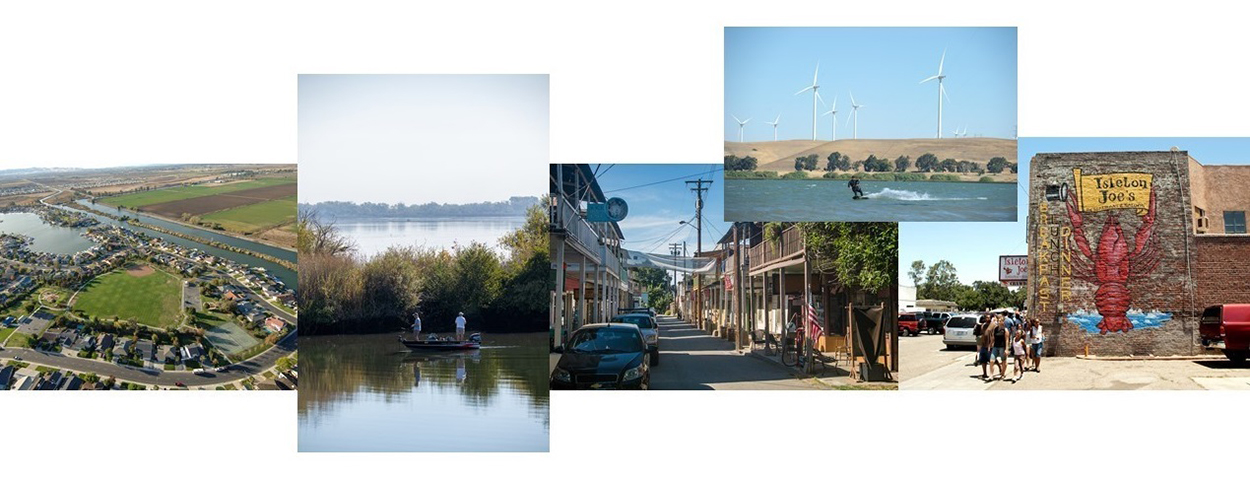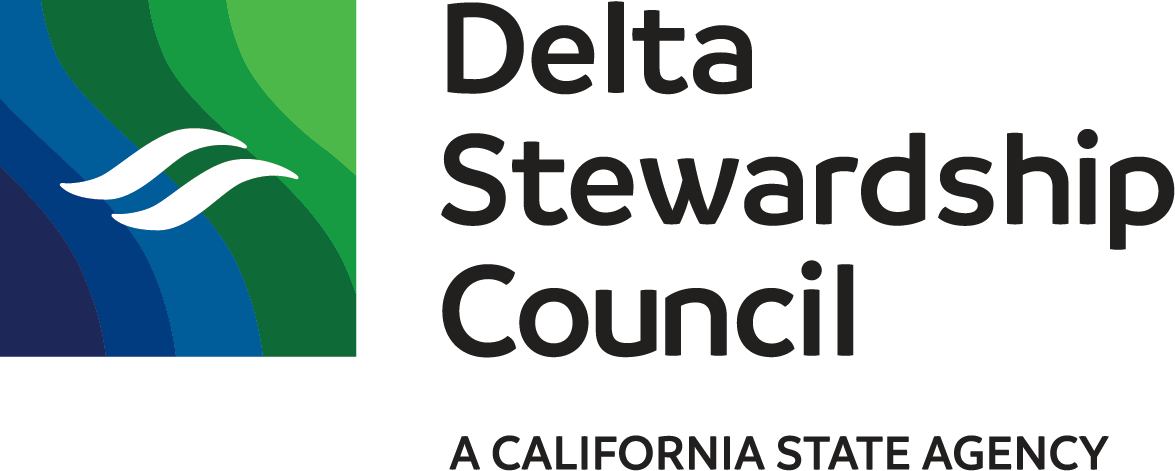Social Science Integration at the Council

Background
Integrating the social sciences into environmental management in the Sacramento-San Joaquin Delta means better understanding the people who live, work, and recreate in and around the estuary, how the region impacts their health and well-being, and how their behaviors influence environmental issues. Doing so improves decision-makers' understanding of this complex social-ecological system.
The Delta Stewardship Council has worked to identify opportunities for greater integration of social sciences within the Council’s work and the Delta more broadly. These efforts are responsive to calls for greater interdisciplinary integration from the 2016 Delta Science Enterprise Workshop, the Delta Independent Science Board’s 2017 Review of Research on the Delta as an Evolving Place, and the Council’s 2019 Delta Plan Five-Year Review.
For more information on the Council’s social science integration efforts, read the following blogs and continue scrolling through this web page!
- Five Years of Championing Social Science Integration - What Do We Have to Show For It? (2025)
- Understanding People in the Face of Rapid Environmental Change (2021)
Delta Residents Survey
Efforts to protect, restore, and enhance the Delta should be guided by the best available scientific information about the health of the Delta’s estuary. For decades, scientists in the Delta have monitored the health of the estuary's plants, animals, and environmental conditions. However, significantly less research has focused on human communities in the Delta and people’s livelihoods, well-being, priorities, and concerns. The Delta Residents Survey, first conducted in early 2023, aims to help address this information gap by developing a household survey to better understand Delta residents’ livelihoods, well-being, priorities, and concerns for the region. California Sea Grant and California State University, Sacramento (CSUS) led this collaborative research effort, with funding from the Delta Science Program and collaborators from the Bay-Delta Social Science Community of Practice.
Survey Objectives
- Assess Delta residents’ subjective well-being by measuring perspectives on their sense of place, quality of life, experiences and concerns with environmental and climate changes, civic engagement, and perceptions of good governance
- Pilot-test a survey research approach that could be reproduced as a long-term study on social and environmental well-being in the Delta and used to inform decision-making.
- Engage the diverse communities across the Delta to co-develop and participate in the survey to ensure all perspectives are heard.
Over 2,300 Delta residents participated in the first Delta Residents Survey conducted from February to April 2023.
Survey Results
- View the Delta Residents Survey Summary Report or the interactive data explorer for detailed survey results.
- Explore key results summarized for urban and rural/small-town residents, as well as key results regarding experiences with and concerns about climate change and other environmental impacts in the Delta.
- More information about the Delta Residents Survey, including an anonymized version of the survey data available for download, can be accessed via OpenICPSR.
If you want to learn more about the survey or have its results personalized for your community, please email DeltaResidentsSurvey@deltacouncil.ca.gov.
Other Social Science Integration Efforts
The purpose of the Bay-Delta Social Science Community of Practice is to bring together social science scholars, practitioners, and allies who are committed to advancing applicable and relevant research on the human dimensions of the San Francisco Bay and Delta (Bay-Delta). This community aims to facilitate collaborative social science research and interdisciplinary investigation, provide opportunities for the social sciences to inform management and policy, and advance our understandings of the estuary as a complex social-ecological system.
For more information, please contact Rachael Klopfenstein at Rachael.Klopfenstein@deltacouncil.ca.gov.
The Council has worked to incorporate social science into several recent and ongoing initiatives, described below. These integration efforts stretch across the Delta Science Program, planning and policy activities, and public participation and communication work.
- Environmental Justice
- Public Participation
- Science Action Agenda
- Delta Science Program research funding and fellowships
- “What is Delta governance, anyway?” webinar series


Delta Social Science Task Force
Coordinated by the Council’s Delta Science Program and the UC Davis Coastal and Marine Sciences Institute, the Delta Social Science Task Force was charged with developing a strategic plan to strengthen and integrate social sciences into the science, management, and policy landscape of the Delta. The need for this integration was called for in the 2016 Delta Science Enterprise Workshop in addition to the 2017 Delta ISB’s Review of Research on the Delta as an Evolving Place.
For more information, please contact Rachael Klopfenstein at Rachael.Klopfenstein@deltacouncil.ca.gov.